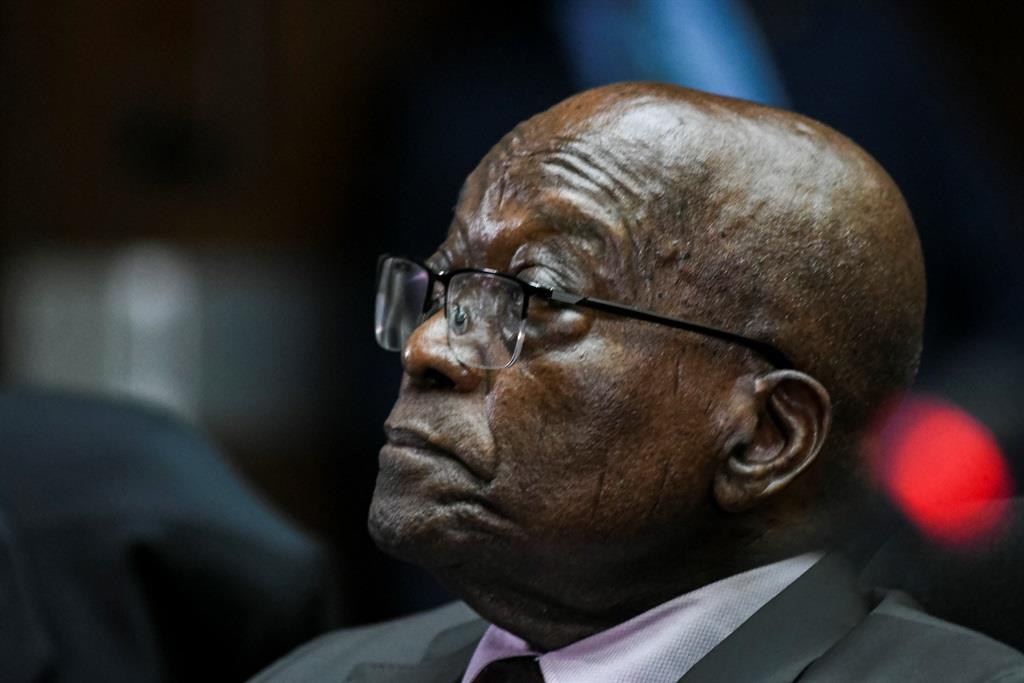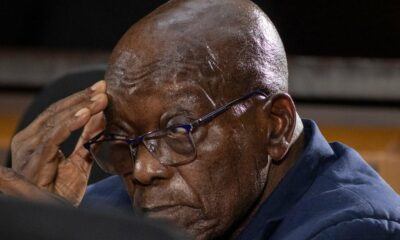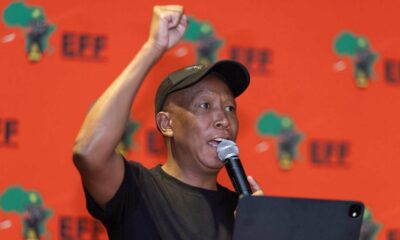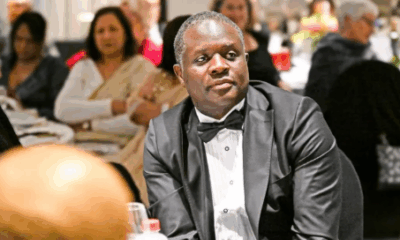News
Zuma to Washington Delegation: “We Can Fix South Africa Ourselves”

Former President Jacob Zuma has never been one to mince his words. And this past weekend in KwaMaphumulo, not far from his Nkandla homestead, he made that abundantly clear. Speaking to a crowd of his MK Party supporters, Zuma took a not-so-subtle jab at the recent high-profile visit by President Cyril Ramaphosa and several of his ministers to Washington, DC.
With his usual blend of conviction and defiance, Zuma made it clear he was unimpressed. “You can go to America for all we care,” he said, “but we refuse to have our problems fixed by Americans we don’t even know.”
The message? South Africa doesn’t need Washington to diagnose its problems or prescribe its solutions. Zuma’s remarks come amid an already fragile relationship between Pretoria and the Trump administration, strained further by disputes over land reform, equity laws, and crime narratives.
The Washington Mission: Seeking Stability
President Ramaphosa’s May visit to the US wasn’t a vacation — it was a high-stakes effort to repair fractured ties. Joined by four ministers, the president met with Trump officials to address a long list of concerns. Among them were controversial accusations of “white genocide” and America’s criticism of South Africa’s transformation policies.
During those meetings, the South African delegation pushed back firmly against claims that white South Africans were under threat, while appealing for American assistance in tackling crime through technology and intelligence sharing.
But to Zuma, such appeals seemed like unnecessary outsourcing. He argued that real solutions would come from within — not from foreign capitals.
An American Pastor Weighs In
Meanwhile, Pastor Mark Burns, a US conservative figure with ties to former President Trump, recently toured South Africa himself. Speaking after his visit, Burns publicly debunked the white genocide narrative.
“There is no ‘white genocide’ happening here,” he posted online, noting that many of the white South Africans he met were shocked that such claims had gained global traction.
Burns met with a wide range of people — from white farmers to business leaders to former apartheid-era officials — and walked away with a more nuanced view. According to him, South Africa’s real challenge isn’t racial violence. It’s crime, poverty, and unemployment — issues that cut across racial lines.
Statement on White Genocide or White Farmers being Killed in South Africa:
I’m here in South Africa, meeting with White farmers, White business owners, and even some former Apartheid leaders, and here’s what they’re telling me: President Donald J. Trump is a great president, but… pic.twitter.com/1H48oBCDJv
— Pastor Mark Burns (@pastormarkburns) May 30, 2025
South Africa’s Crime Crisis: A Shared Burden
Burns didn’t sugarcoat his observations. He described crime as “devastatingly high” and pointed out that the vast majority of victims are Black South Africans.
“The pain is widespread,” he said, “but it’s disproportionately affecting the majority population.”
While controversial songs like “Kill the Boer” stir heated debate and sow division, Burns said they shouldn’t distract from what matters most: rebuilding safety, justice, and opportunity for all.
He credited Trump and Ramaphosa’s past Oval Office meeting with helping stir national conversations that have since led to some surprising moments of unity, including:
-
Widespread rejection of the white genocide myth
-
A deeper public focus on crime and safety
-
Calls to rethink how economic empowerment policies can include more people
A Complicated Truth
According to Burns, South Africans of all backgrounds are trying to move forward — even if the road is rough. He said many white South Africans he spoke with “love their country” and believe that Trump’s earlier concerns were based on bad information. Still, they agreed that the problems are more complex than any single narrative suggests.
In a hopeful note, Burns expressed his wish to see Trump attend the upcoming G20 summit, where South Africa will hand over the presidency to the United States. It would be a symbolic moment for both countries to reset their approach.
A Country at a Crossroads
Zuma’s sharp words serve as a reminder that South Africa remains deeply divided on how best to solve its problems — and who should be allowed to help.
While Ramaphosa’s government seeks international partnerships and outside investment, Zuma’s message resonated with those who feel the country’s fate should lie solely in its own hands.
Whether you agree with Zuma or not, his warning rings with a certain patriotic conviction: If South Africa is to rise again, it must do so on its own terms.
As the G20 summit approaches and the Trump-Ramaphosa relationship remains under close watch, South Africa faces big decisions. Will the nation lean into international cooperation or double down on homegrown solutions?
The takeaway? South Africa’s future will likely depend on a blend of both. Strong leadership at home, paired with thoughtful global engagement, could be the balance the country needs to thrive.
Mark Burns Pushes Back on ‘White Genocide’ Claims During South Africa Visit
{Source: African Insider}
Follow Joburg ETC on Facebook, Twitter , TikTok and Instagram
For more News in Johannesburg, visit joburgetc.com

























